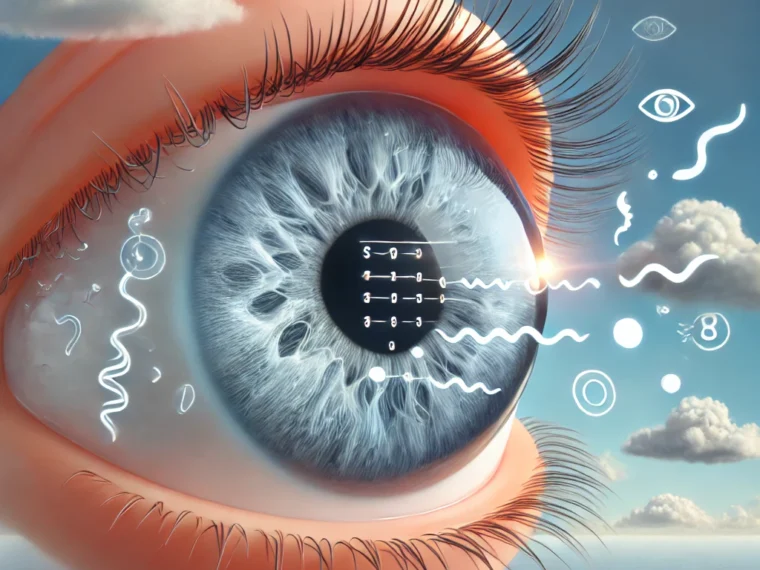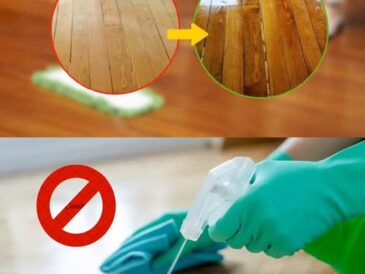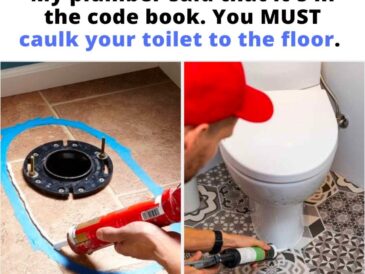Most floaters are harmless and fade with time. However, you should seek medical attention immediately if you experience any of the following:
- 🚨 A sudden increase in floaters
- ⚡ Flashes of light (like lightning)
- 🕳️ A dark shadow or curtain across part of your vision
- 👁️ Loss of peripheral vision
These can be signs of:
- Retinal tear
- Retinal detachment
- Bleeding inside the eye
All of which are serious conditions that require immediate treatment to avoid vision loss.
🩺 What Can You Do About Floaters?
1. Leave Them Alone (Most of the Time)
In most cases, floaters will settle at the bottom of your eye and become less noticeable. Your brain also learns to tune them out.
2. Eye Exercises & Focus Techniques
Sometimes, gently moving your eyes from side to side or up and down can shift floaters out of your line of sight. Just don’t strain your eyes.
3. Stay Hydrated and Maintain Eye Health
A diet rich in vitamin C, E, zinc, and omega-3 fatty acids helps maintain eye health and may reduce the impact of floaters.
4. Use Proper Lighting
Dim or harsh lighting can make floaters more noticeable. Try using soft, ambient lighting and anti-glare screens to ease eye strain.
5. Medical Options (For Severe Cases)
- Vitrectomy: A surgical procedure where part or all of the vitreous is removed and replaced. Effective but carries risks like cataracts or retinal detachment.
- Laser vitreolysis: A non-invasive laser treatment that breaks up larger floaters. Less risky, but not suitable for all cases.
🧠 Can Floaters Be Prevented?
While you can’t stop the aging process, you can:
- 🥦 Eat a nutrient-rich diet
- 🧴 Wear sunglasses to protect from UV damage
- 🚭 Avoid smoking (which accelerates eye aging)
- 🩺 Get regular eye exams, especially after 40
🌈 Living With Floaters
Yes, they can be annoying. But most people with floaters eventually learn to ignore them, especially if they’re not too severe. They may fade, settle out of your visual field, or simply stop bothering you after a while.
If floaters are impacting your quality of life, talk to an ophthalmologist to explore your options safely.
📝 Conclusion: Eyes on Your Health
Eye floaters might be a normal part of getting older, but that doesn’t mean you should ignore them completely. Knowing what causes them, how to manage them, and when to see a doctor can make all the difference.
Remember: Your eyes are precious—never take strange changes lightly. Stay proactive, stay informed, and keep your vision crystal clear 👁️✨
❓ FAQs
1. Are floaters dangerous?
Usually not, but if they appear suddenly or with flashes, get checked ASAP.
2. Will they ever go away?
Some do fade over time, but many remain. The good news? You stop noticing them after a while.
3. Are floaters a sign of eye disease?
Not usually, but they can be linked to retinal tears, so don’t ignore dramatic changes.
4. Can screen time cause floaters?
No, but excessive eye strain might make you more aware of them.
5. What type of doctor should I see?
An ophthalmologist (not just an optometrist) if you have sudden or severe symptoms.




